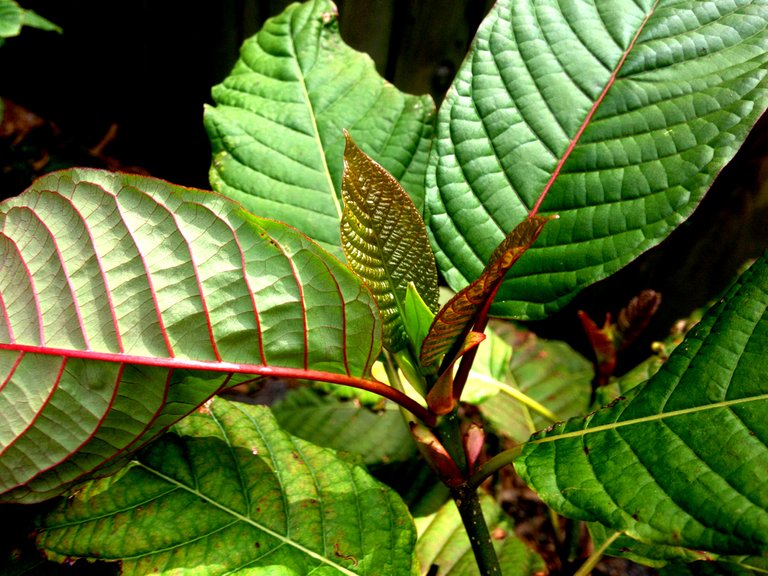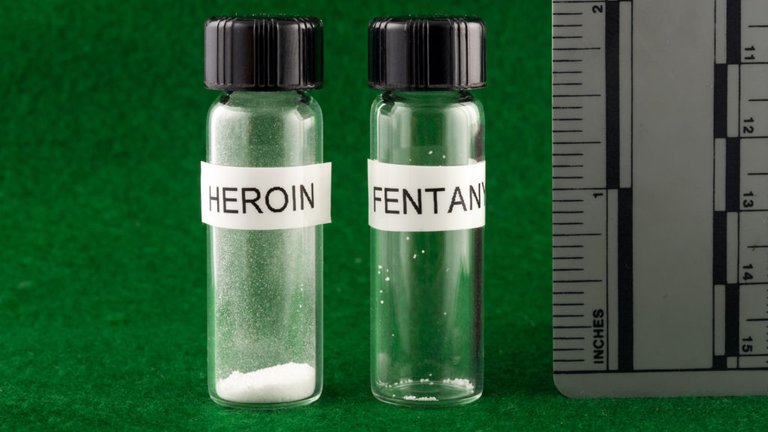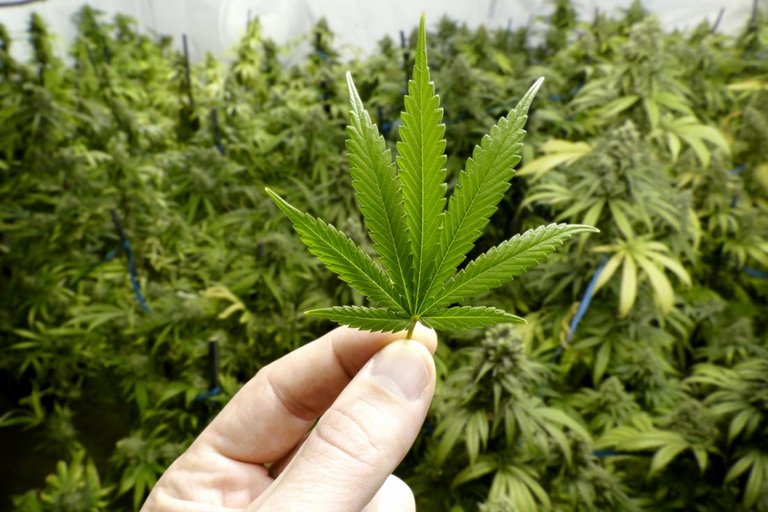
If you've been paying attention, you'll know that The FDA along with the DEA have a vendetta for the currently legal drug kratom, a tree which grows naturally in Southeast Asia. Kratom - otherwise known as Mitragyna Speciosa - has seen a massive surge in popularity within western culture since the turn of the century, especially in recent years. This tropical evergreen tree falls under the umbrella of the coffee family, and is often misrepresented as a synthetic opiate, which could not be further from the truth.

Kratom contains a wide variety of alkaloids, all bringing a large spectrum of effects. The key psychoactive compounds it boasts are mitragynine and 7-hydroxymitragynine, both of which being opioid agonists. When kratom is ingested it brings with it an opiate esque buzz, reminiscent of drugs such as Hydrocodone or Oxycodone, although far less addictive, both physically and psychologically. The withdrawals are far milder, feeling like an irritating flu virus at worst, it's impossible to ingest enough to overdose, and is very cheap.

Many users have employed it to get off of stronger opioid drugs such as heroin or fentanyl, use it as a very effective alternative treatment for chronic pain, or even to medicate anxiety and depression. The FDA however has a far different stance of the plant than anyone informed should. They're doing their absolute best along with the DEA to turn it into a schedule 1 drug, which is something the DEA tried to do on their own last year but failed due to public backlash. They've released an abundance of statements recently claiming it to be a highly addictive drug which is very dangerous to use even in moderate doses, and this sentiment has unfortunately trickled down to the big mainstream media outlets.
As part of their crusade to further infringe upon personal freedom they've claimed it to be responsible for 36 deaths. This is a blatantly false statement, as each and every single one of these deaths where Kratom was found in the deceased's system were caused by a combination of the plant and other drugs. In reality there has never been a single verifiable death as a result of solely mitragyna speciosa. On top of this, they're claiming that there is absolutely no evidence that it can be used to treat pain or get off of opiates, despite the abundance of people coming out to say they've used it for those precise purposes with much success.

Our drug scheduling is horrid in the U.S. Marijuana and LSD are deemed just as habit forming and dangerous as Heroin, and somehow less so than Methamphetamine. Adding Kratom to that list would be just as backwards as Cannabis being on there. Don't just take my word for this, look into it. Simply googling it and clicking on the first few results you find isn't good enough. As that would lead you to believe that Kratom is a highly addictive and dangerous "synthetic heroin" which is getting the kids all hooked. The fear mongering and blatant misinformation is a detriment to the public, and only makes being truly informed a much harder thing to do.
Many people, both advocates of the plant as well as others, speculate that the agenda our wonderful government seems to have against Kratom is due to it's large potential to seriously cut into the sales of pharmaceutical treatment options for opiate addiction, such as suboxone and methadone. While others believe it to be a result of the inherent fear of drugs we seem to have in modern times. Whatever the reason may be, banning the drug is not a smart decision. We're in the middle of an opiate crisis, with people dropping like flies left and right from fentanyl laced narcotics. Outlawing what is legitimately one of the most promising solutions to this issue, and is keeping countless former addicts off of hard opioid drugs is not a step in the right direction.
Kratom can be a wonderful tool for those in need of it, and the incredibly cheap price tag makes it a very viable solution to those suffering from chronic pain or psychological distress. Don't let the FDA/DEA criminalize it!
Agreed whole heartedly. Kratom is not a "gateway" opiate. It's a doorway for those looking to leave opiates in the past.
The way I see it, this is virtually the same as if they were looking to outlaw cannabis and push synthetic cannabinoids to cancer patients. Has nothing to do with naturalistic vs. synthetic, just safe vs possibly dangerous.